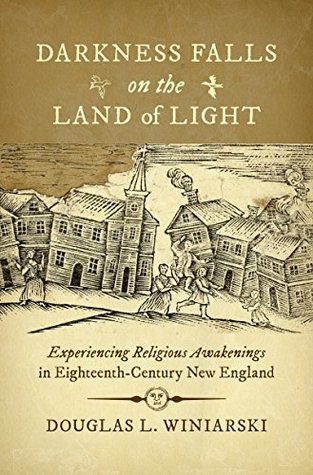To be sure, the schisms of the 1740s and 1750s sometimes erupted along preexisting socioeconomic fault lines, and the Separate movement later served as a proving ground for Revolutionary radicalism; yet dissenters seldom cited social, political, or economic issues to justify breaking fellowship with established churches. The roots of their ecclesiastical rebellion lay elsewhere—in the fertile soil of religious enthusiasm.
Welcome back. Just a moment while we sign you in to your Goodreads account.


